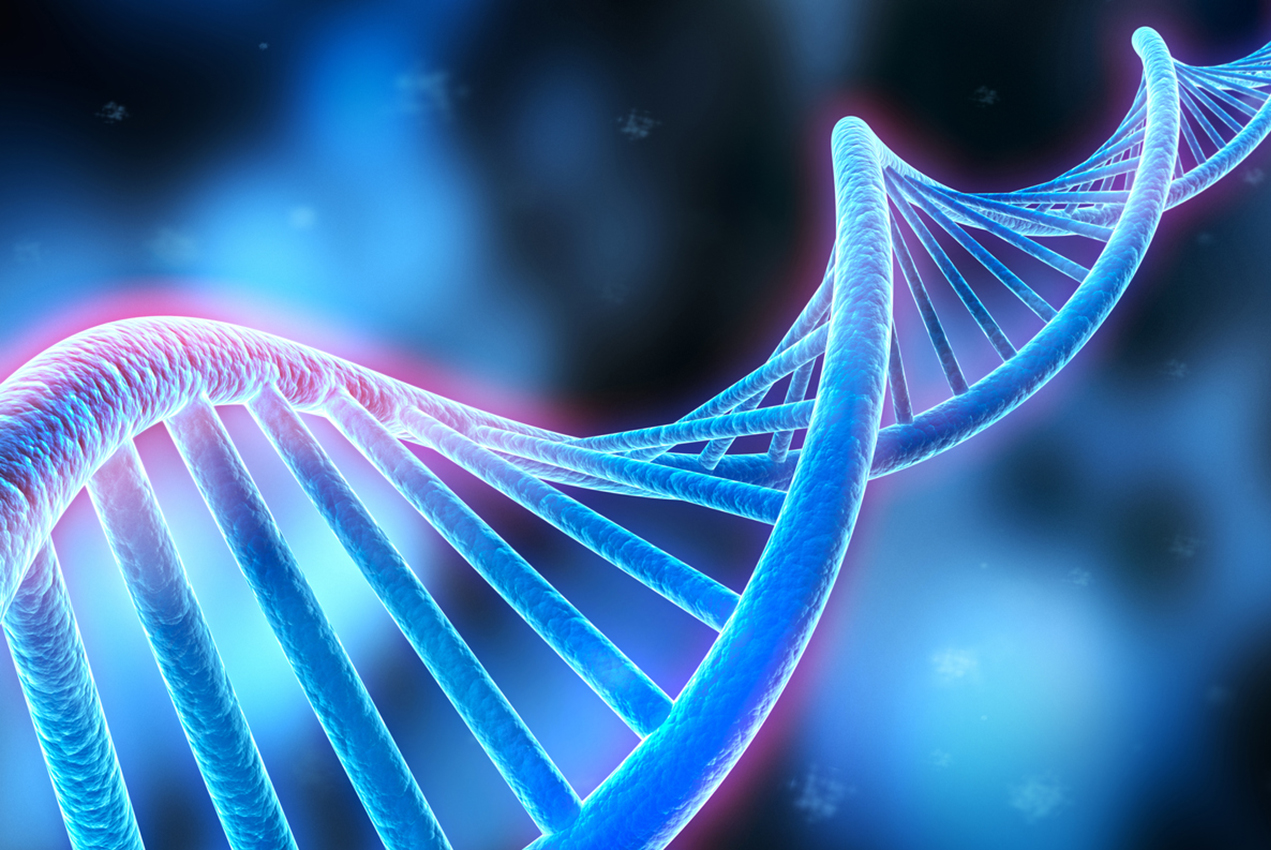
Blog

12 Dec , 2024
Introduction
In a world driven by technology and data, bioinformatics stands at the intersection of biology, computer science, and data analysis, unlocking new pathways for scientific discoveries. For those in the fields of life sciences, biotechnology, and data science, learning bioinformatics is not just an option—it’s a necessity for staying relevant in the rapidly evolving job market.
What is Bioinformatics?
Bioinformatics involves the use of computational tools and techniques to analyze biological data. It plays a pivotal role in genomics, proteomics, drug discovery, and personalized medicine. This interdisciplinary field empowers scientists to solve complex biological problems by managing and interpreting vast datasets.
Reasons to Learn Bioinformatics
Increasing Demand Across Industries
The demand for bioinformatics professionals is skyrocketing as industries like pharmaceuticals, biotechnology, and healthcare adopt data-driven approaches. Organizations require experts who can handle big data, analyze genomes, and predict protein structures.
Relevance in Cutting-Edge Research
Bioinformatics has become a cornerstone for advancements in areas like gene editing (CRISPR), cancer research, and vaccine development. Learning bioinformatics opens the door to contributing to groundbreaking research projects.
Job Versatility
Bioinformatics expertise can lead to diverse roles such as data analyst, computational biologist, bioinformatics scientist, and software developer in life sciences.
Global Career Opportunities
Countries worldwide are heavily investing in genomics and biotechnology research. Skills in bioinformatics enhance your eligibility for opportunities in prestigious labs, research institutions, and top biotech firms globally.
Contributions to Personalized Medicine
With the rise of precision medicine, bioinformatics is central to tailoring treatments based on individual genetic profiles. Proficiency in bioinformatics makes you indispensable in this revolutionary shift in healthcare.
Benefits of Bioinformatics Skills
Enhanced Problem-Solving Abilities
Bioinformatics teaches how to interpret biological data, derive insights, and solve problems—skills highly valued in any scientific field.
Improved Technical Proficiency
Learning programming languages (e.g., Python, R), databases, and tools like BLAST or Galaxy equips you with technical capabilities applicable to multiple industries.
Increased Employability
Employers prioritize candidates with bioinformatics expertise due to the critical role it plays in drug discovery, agricultural innovation, and disease prevention.
Competitive Edge in Academia and Industry
Whether you aim for a Ph.D. or a corporate career, bioinformatics expertise sets you apart from peers, reflecting your readiness to tackle modern scientific challenges.
Conclusion
Bioinformatics is not just a skill; it's an investment in your career. As industries evolve, the need for experts who can bridge biology and data science will continue to grow. By mastering bioinformatics, you position yourself at the forefront of innovation, securing a future filled with exciting opportunities.
